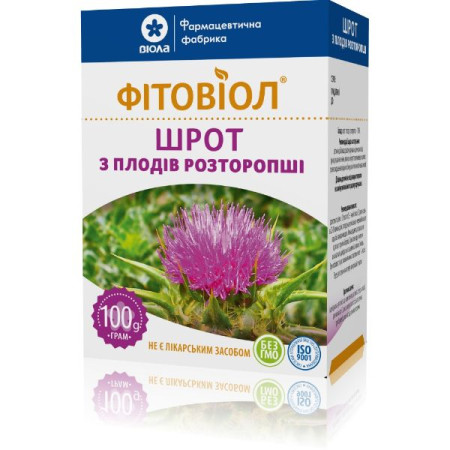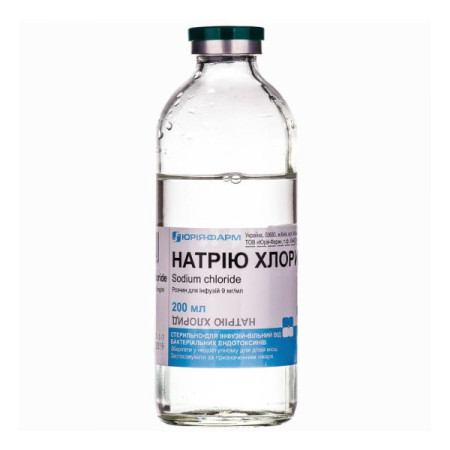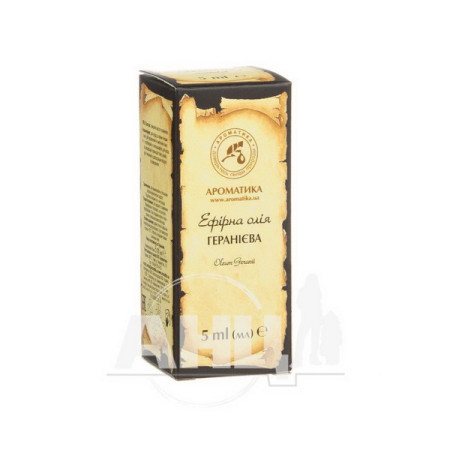Prostatilen-Zinc rectal suppositories blister No. 10

Instructions for use Prostatilen-Zinc rectal suppositories blister No. 10
Composition
active ingredients: prostatilen, zinc sulfate heptahydrate, vitamin E acetate (DL-alpha-tocopherol acetate);
1 suppository contains prostatilen 30 mg (0.03 g), zinc sulfate heptahydrate 100 mg (0.1 g), vitamin E acetate (DL-alpha-tocopherol acetate) 100 mg (0.1 g);
excipients: purified water, cetostearyl alcohol, polysorbate 80, solid fat.
Dosage form
Rectal suppositories.
Main physical and chemical properties: suppositories are white with a yellowish or grayish tint, spherical in shape. The presence of a coating on the surface of the suppository is allowed.
Pharmacotherapeutic group
Drugs used in benign prostatic hypertrophy. ATX code G04C X.
Pharmacological properties
Pharmacodynamics
A combined drug used to treat prostate diseases. Prostatilen, which is part of the suppositories, has an organotropic effect on the prostate gland (prostate protective effect), anti-inflammatory effect, reducing edema and leukocyte infiltration of the gland, improves microcirculation and platelet-vascular hemostasis, has a positive effect on the functional activity of spermatozoa. Prostatilen also stimulates the activity of the humoral link of immunity and some factors of the body's resistance, affects the tone of the bladder muscles, including the tone of the detrusor.
Zinc prevents the development of benign and malignant processes in the prostate gland, helps maintain the integrity of sperm, increases sexual desire, is a factor of immune protection, necessary for the maturation of specific immune cells, the synthesis of cytokines, and the body's resistance. Zinc deficiency, which is characteristic, in particular, of older people, leads to impotence, regression of the male gonads and testicles, and a decrease in the number of sperm.
Vitamin E supports the biological activity of sperm, has anticoagulant properties, prevents intravascular blood clotting, as it has the ability to bind prothrombin, also has anti-inflammatory and pronounced antioxidant effects, and prevents the development of atherosclerosis.
Pharmacokinetics
The components of the drug are effectively absorbed in the intestines. Vitamin E in the blood binds to lipoproteins and partially to albumin, is deposited in the adrenal glands, pituitary gland, testicles, adipose and muscle tissues, and liver. It is excreted mainly with bile. Zinc does not accumulate, is excreted with feces (85%), as well as with urine and sweat. There is no information on the pharmacokinetics of Prostatilen. Rectal administration of drugs ensures their effective entry into the local blood circulation of the pelvic organs and into the male reproductive organs.
Indication
Treatment and prevention of chronic prostatitis, benign prostatic hyperplasia; complications after prostate surgery, as well as sexual disorders, male infertility.
Contraindication
Hypersensitivity to the components of the drug, renal failure, myocardial infarction, cardiosclerosis. Hypersensitivity to bovine proteins.
Interaction with other medicinal products and other types of interactions
Do not use together with iron, silver preparations, alkaline agents (sodium bicarbonate, trisamine), indirect anticoagulants (dicoumarin, neodicoumarin).
Vitamin E enhances the effect of steroidal and nonsteroidal anti-inflammatory drugs (diclofenac sodium, ibuprofen, prednisolone); reduces the toxic effect of cardiac glycosides (digitoxin, digoxin), vitamins A and D. The use of vitamin E in high doses can cause vitamin A deficiency in the body. Vitamin E and its metabolites have an antagonistic effect on vitamin K. Vitamin E increases the effectiveness of antiepileptic drugs in patients with epilepsy. Cholestyramine, colestipol, mineral oils reduce the absorption of vitamin E.
Application features
Use with caution in patients with atherosclerosis and increased risk of thromboembolism.
When using the drug, it is necessary to adhere to the dosage and duration of treatment prescribed by the doctor to prevent overdose and the occurrence of hypervitaminosis E.
With prolonged use of high doses of the drug, it is necessary to monitor blood clotting time.
Use during pregnancy or breastfeeding
The drug should not be used by women.
The ability to influence the reaction speed when driving or working with other mechanisms
There are no data on the effect of the drug on the ability to drive a car or use machines. However, in some patients the drug may cause dizziness and blurred vision, therefore, during therapy it is recommended to refrain from activities that require increased concentration and speed (including driving vehicles and machines).
Method of administration and doses
Before using the suppository, you must:
Next, you need to pull the edges of the film, tearing it in different directions, and release the suppository from the primary packaging.
For adults, insert the suppository deep into the anus.
For therapeutic purposes, use 1 suppository 2 times a day (morning and evening) for 5-10 days.
For prevention purposes – 1 suppository once a day.
The duration of treatment is determined by the doctor depending on the nature and severity of the disease, the achieved therapeutic effect, the nature of the therapy (monotherapy or complex treatment). If necessary, the course of treatment can be repeated after 1-6 months.
Children
The drug should not be used in children.
Overdose
There have been no reports of overdose with Prostatilen suppositories. Overdose of zinc sulfate has been reported to cause fever, impaired lung function, dehydration, electrolyte imbalance in the blood plasma, and renal failure.
When taking high doses of the drug (more than 400 mg per day for a long time), dyspeptic disorders, fatigue, general weakness, headache, creatinuria, increased creatine kinase activity, increased cholesterol and triglyceride concentrations, decreased thyroxine and triiodothyronine concentrations in blood serum, increased estrogen and androgen levels in urine are possible. There is no specific antidote. Treatment is symptomatic.
Side effects
Allergic reactions, including itching, skin hyperemia, skin rashes, changes at the injection site, including a burning sensation. With prolonged use of large doses of vitamin E, there may be symptoms of decreased blood clotting, bleeding in the gastrointestinal tract, liver enlargement, creatinineuria, fatigue, weakness, headache, nausea, dizziness, blurred vision.
Expiration date
3 years.
Storage conditions
Store at a temperature not exceeding 25 °C.
Keep out of reach of children.
Packaging
5 suppositories in a blister, 1 or 2 blisters in a pack.
Leave category.
Without a prescription.
Vacation category
Without a prescription.
Producer
Private Joint-Stock Company "Lekhim-Kharkiv".
Address
Ukraine, 61115, Kharkiv region, Kharkiv city, Severyna Pototskoho street, building 36.
There are no reviews for this product.
There are no reviews for this product, be the first to leave your review.
No questions about this product, be the first and ask your question.
















